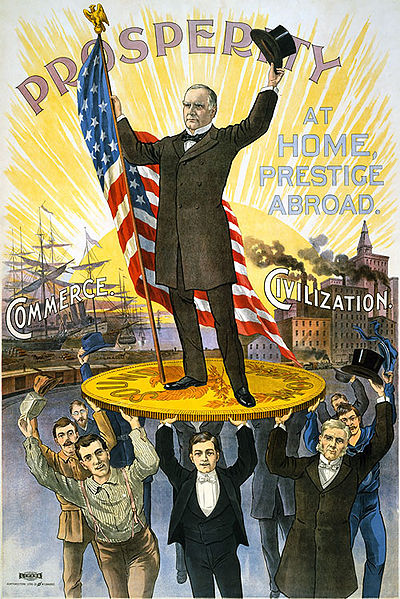March 18, 2011
October 27, 2010
Acton on Tap: Putting Politics in its Place
Jordan Ballor and I are hosting an Acton on Tap on Thursday October 28 at Derby Station in East Grand Rapids. The event starts promptly at 6:30 p.m. If you are in the Grand Rapids area and like humor, politics, and fellowship, please plan on attending. Continue Reading...
January 21, 2010
Gain by Honest Industry
October 17, 2008
Is John Wesley’s Economic Advice Sound?
June 16, 2008
Encouraging a true culture of thrift
August 20, 2007
John Wesley, ‘The Rich Man and Lazarus’
August 16, 2007
